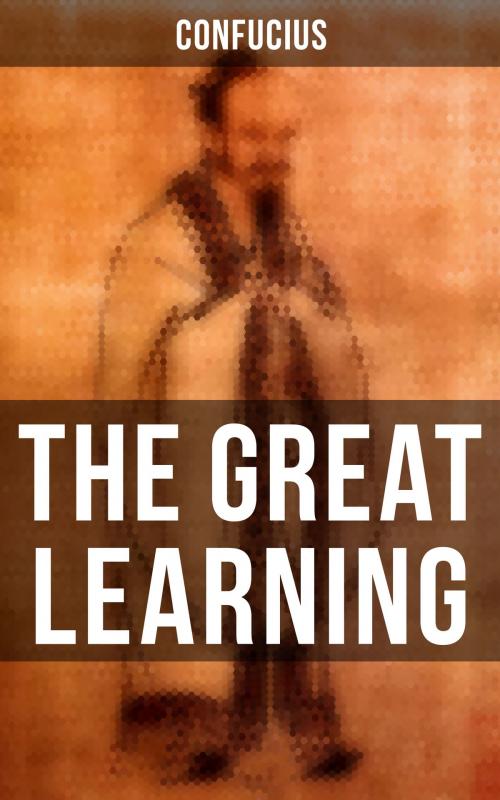THE GREAT LEARNING
Nonfiction, Religion & Spirituality, Eastern Religions, Confucianism, Philosophy, Ancient| Author: | Confucius | ISBN: | 9788027233694 |
| Publisher: | Musaicum Books | Publication: | December 6, 2017 |
| Imprint: | Language: | English |
| Author: | Confucius |
| ISBN: | 9788027233694 |
| Publisher: | Musaicum Books |
| Publication: | December 6, 2017 |
| Imprint: | |
| Language: | English |
The philosophy of Confucius emphasized personal and governmental morality, correctness of social relationships, justice and sincerity. His followers competed successfully with many other schools during the Hundred Schools of Thought era only to be suppressed in favor of the Legalists during the Qin Dynasty. Following the victory of Han over Chu after the collapse of Qin, Confucius's thoughts received official sanction and were further developed into a system known as Confucianism. Confucius is traditionally credited with having authored or edited many of the Chinese classic texts including all of the Five Classics, but modern scholars are cautious of attributing specific assertions to Confucius himself. Aphorisms concerning his teachings were compiled in the Analects, but only many years after his death. Confucius's principles had a basis in common Chinese tradition and belief. He championed strong family loyalty, ancestor worship, respect of elders by their children of husbands by their wives. He also recommended family as a basis for ideal government. He espoused the well-known principle "Do not do to others what you do not want done to yourself", an early version of the Golden Rule. Confucius (551–479 BC) was a Chinese teacher, editor, politician, and philosopher of the Spring and Autumn period of Chinese history.
The philosophy of Confucius emphasized personal and governmental morality, correctness of social relationships, justice and sincerity. His followers competed successfully with many other schools during the Hundred Schools of Thought era only to be suppressed in favor of the Legalists during the Qin Dynasty. Following the victory of Han over Chu after the collapse of Qin, Confucius's thoughts received official sanction and were further developed into a system known as Confucianism. Confucius is traditionally credited with having authored or edited many of the Chinese classic texts including all of the Five Classics, but modern scholars are cautious of attributing specific assertions to Confucius himself. Aphorisms concerning his teachings were compiled in the Analects, but only many years after his death. Confucius's principles had a basis in common Chinese tradition and belief. He championed strong family loyalty, ancestor worship, respect of elders by their children of husbands by their wives. He also recommended family as a basis for ideal government. He espoused the well-known principle "Do not do to others what you do not want done to yourself", an early version of the Golden Rule. Confucius (551–479 BC) was a Chinese teacher, editor, politician, and philosopher of the Spring and Autumn period of Chinese history.















